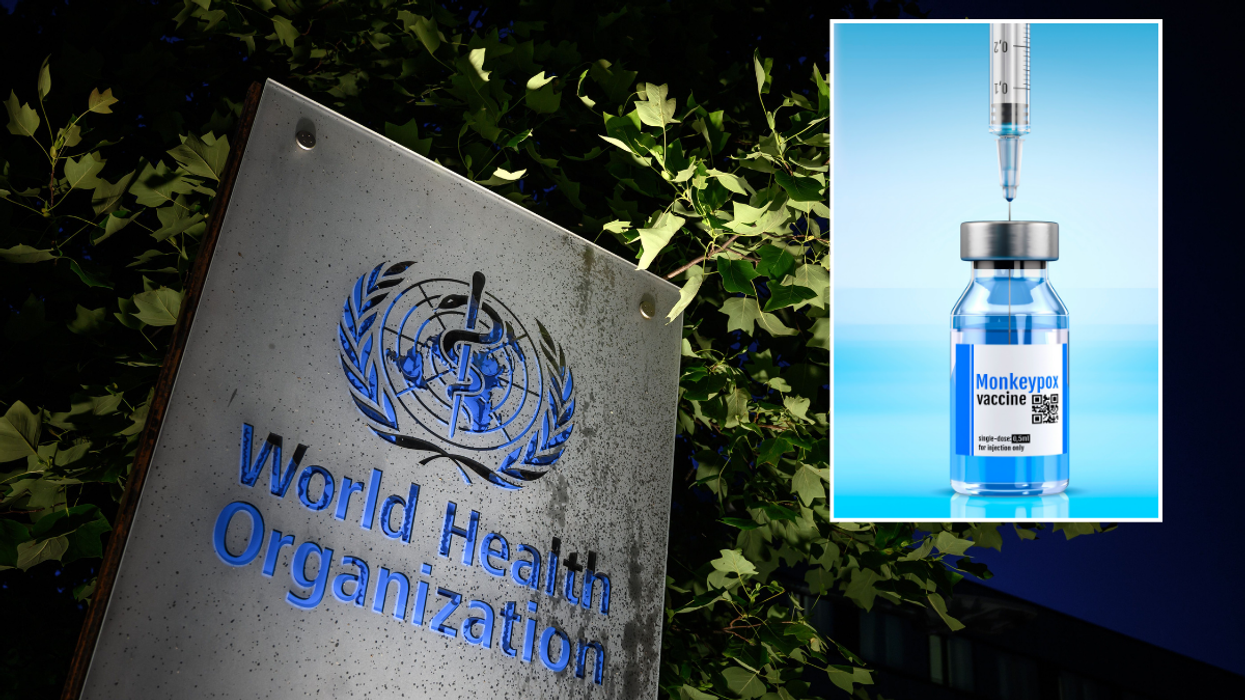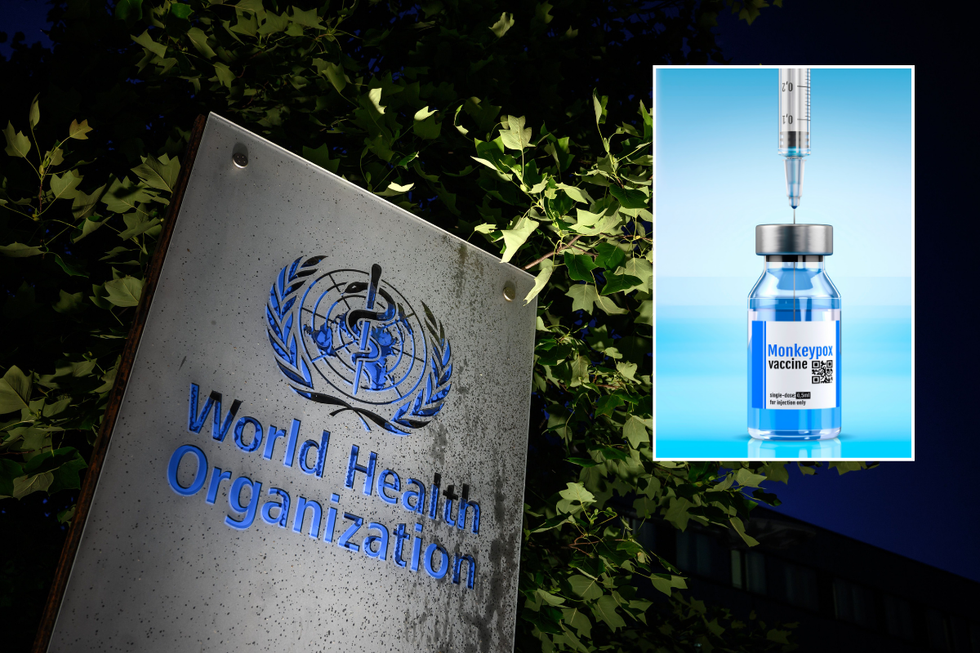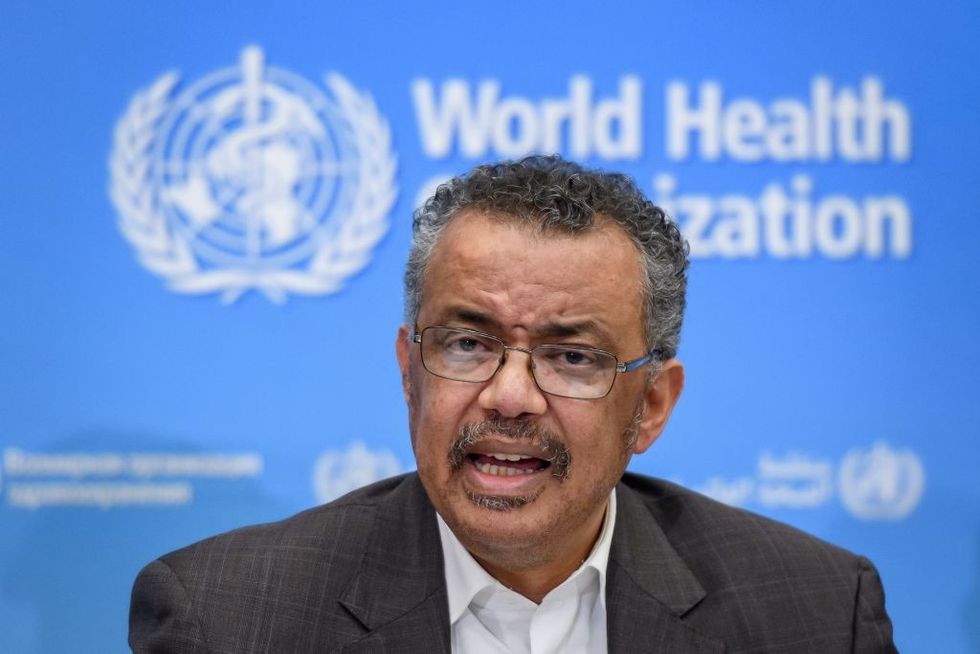
The World Health Organisation has issued a plea for manufacturers of mpox vaccines to come forward.
It comes after the WHO declared mpox a global public health emergency for the second time in two years, following an outbreak of the viral infection in Democratic Republic of Congo that has spread to neighbouring countries.
The organisation has issued an invitation for manufacturers of mpox vaccines to submit an Expression of Interest for Emergency Use Listing (EUL).
An EUL is an emergency use authorisation process, specifically developed to expedite the availability of unlicensed medical products like vaccines that are needed in public health emergency situations.

The WHO is requesting manufacturers to submit data to ensure that the vaccines are safe, effective, of assured quality and suitable for the target populations. Granting of an EUL will accelerate vaccine access particularly for those lower-income countries which have not yet issued their own national regulatory approval.
The outbreak in Congo began with the spread of an endemic strain, known as clade I. But a new variant, clade Ib, appears to spread more easily through routine close contact, including sexual contact.
It has spread from Congo to neighbouring countries, including Burundi, Kenya, Rwanda and Uganda, triggering the action from the WHO.
WHO Director-General Tedros Adhanom Ghebreyesus said the organisation had released $1.5million in contingency funds and plans to release more in the coming days. WHO's response plan would require an initial $15m, and the agency plans to appeal to donors for funding.
LATEST DEVELOPMENTS
- Outrage as police to block roads for Pakistan Independence Day
- Universal Credit claimant relieved to find housing
- Nigel Farage joins campaign to reform the WHO and stop 'terrifying' pandemic treaty

Tedros told a press conference: "It's clear that a coordinated international response is essential to stop these outbreaks and save lives.
"The detection and rapid spread of a new clade of mpox in eastern DRC, its detection in neighbouring countries that had not previously reported mpox, and the potential for further spread within Africa and beyond is very worrying."
Earlier this week, Africa's top public health body declared an mpox emergency for the continent after warning that the viral infection was spreading at an alarming rate, with more than 17,000 suspected cases and more than 500 deaths this year, mainly among children in the Congo.
Professor Dimie Ogoina, chair of WHO's mpox emergency committee, said all members unanimously agreed that the current upsurge of cases is an "extraordinary event," with a record number of cases in the Congo.
Vaccines and behaviour change helped stop the spread when a different strain of mpox spread globally, primarily among men who have gay sex, and WHO declared an emergency in 2022.
In the Congo, the transmission routes need further study, WHO said. No vaccines are yet available, although efforts are underway to change that and work out who best to target.
The agency also appealed to countries with stockpiles to donate shots.
from GB News https://ift.tt/6eyisGz

The World Health Organisation has issued a plea for manufacturers of mpox vaccines to come forward.
It comes after the WHO declared mpox a global public health emergency for the second time in two years, following an outbreak of the viral infection in Democratic Republic of Congo that has spread to neighbouring countries.
The organisation has issued an invitation for manufacturers of mpox vaccines to submit an Expression of Interest for Emergency Use Listing (EUL).
An EUL is an emergency use authorisation process, specifically developed to expedite the availability of unlicensed medical products like vaccines that are needed in public health emergency situations.

The WHO is requesting manufacturers to submit data to ensure that the vaccines are safe, effective, of assured quality and suitable for the target populations. Granting of an EUL will accelerate vaccine access particularly for those lower-income countries which have not yet issued their own national regulatory approval.
The outbreak in Congo began with the spread of an endemic strain, known as clade I. But a new variant, clade Ib, appears to spread more easily through routine close contact, including sexual contact.
It has spread from Congo to neighbouring countries, including Burundi, Kenya, Rwanda and Uganda, triggering the action from the WHO.
WHO Director-General Tedros Adhanom Ghebreyesus said the organisation had released $1.5million in contingency funds and plans to release more in the coming days. WHO's response plan would require an initial $15m, and the agency plans to appeal to donors for funding.
LATEST DEVELOPMENTS
- Outrage as police to block roads for Pakistan Independence Day
- Universal Credit claimant relieved to find housing
- Nigel Farage joins campaign to reform the WHO and stop 'terrifying' pandemic treaty

Tedros told a press conference: "It's clear that a coordinated international response is essential to stop these outbreaks and save lives.
"The detection and rapid spread of a new clade of mpox in eastern DRC, its detection in neighbouring countries that had not previously reported mpox, and the potential for further spread within Africa and beyond is very worrying."
Earlier this week, Africa's top public health body declared an mpox emergency for the continent after warning that the viral infection was spreading at an alarming rate, with more than 17,000 suspected cases and more than 500 deaths this year, mainly among children in the Congo.
Professor Dimie Ogoina, chair of WHO's mpox emergency committee, said all members unanimously agreed that the current upsurge of cases is an "extraordinary event," with a record number of cases in the Congo.
Vaccines and behaviour change helped stop the spread when a different strain of mpox spread globally, primarily among men who have gay sex, and WHO declared an emergency in 2022.
In the Congo, the transmission routes need further study, WHO said. No vaccines are yet available, although efforts are underway to change that and work out who best to target.
The agency also appealed to countries with stockpiles to donate shots.




0 Comments
Don't share any link